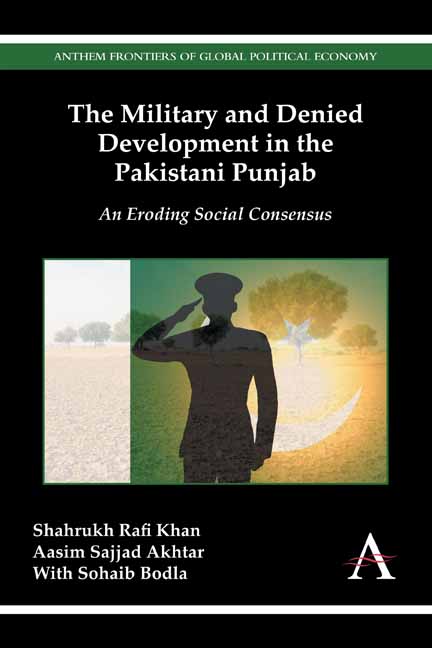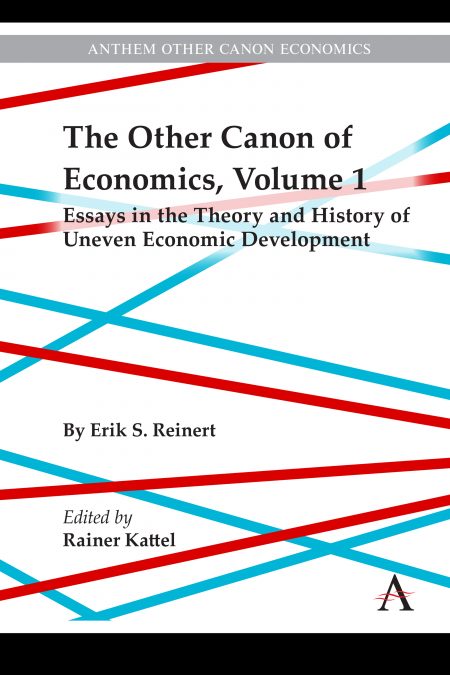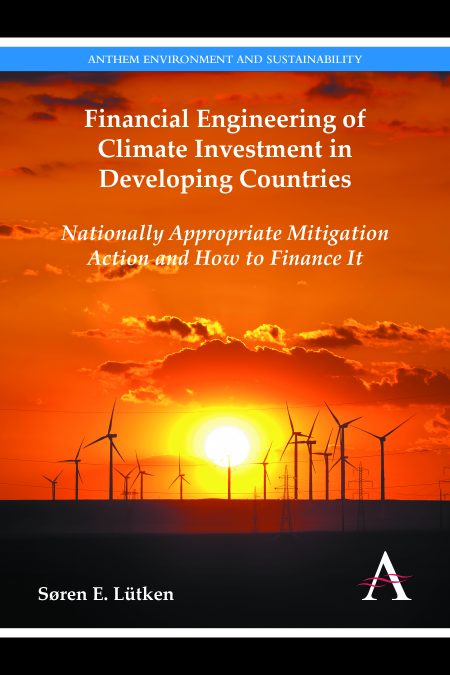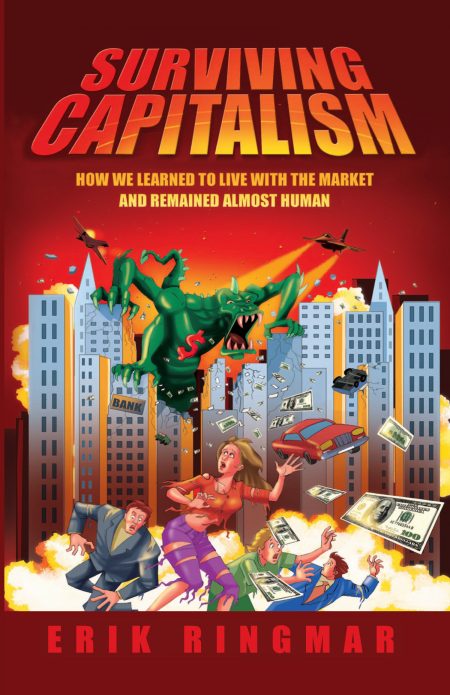Surviving Capitalism
How We Learned to Live with the Market and Remained Almost Human
Erik Ringmar
Select Format
Title Details
- ISBN: 9781843311751
- August 2005
- Pages: 200
- Imprint: Anthem Press
Human life cannot be reduced to market transactions and human beings cannot only be treated as economic actors. When the power of the market increases, human beings will always try to protect themselves. Given the differences that exist in social and cultural traditions, these protective responses are likely to differ from one society to the other. This is why, even in a global market, diversity is always likely to persist. This book investigates the question of economic globalization – whether it is likely to lead to full convergence between political models and ways of life, or whether, even in a completely globalized world economy, there is likely to be scope for alternative solutions. But in a fully globalized world, how will we survive capitalism?
Erik Ringmar is a Professor at the National Chiao Tung Unviersity, Hsinchu, Taiwan. He is the author of ‘Interest, Identity & Action’ (CUP 1996), as well as many academic articles in the fields of history, international politics and sociology.
Acknowledgements; Theoretical Preliminaries; 1. The Inevitability and Inhumanity of Capitalism; 2. How Society Protects Itself; In the Bosom of the Family: 3. The European Idea of the Home; 4. The Chinese Family; Among Brothers, Friends and Colleagues: 5. European Sectsm Guilds and Trade Unions; 6. Japanese Business Corporations; 7. Personal Thais; and How They Survived the Boom; The State: 8. Versions of the European State; 9. The State in China and Japan; Conclusions: 10. How We Survived Capitalism; 11. The Coming Crisis; Notes; Bibliography and Websites; Index
‘Clearly and gracefully written, it presents an interesting and fertile thesis about the nature of capitalism and how different societies have learnt to cope with it.’ —John Gray, author of ‘Straw Dogs’ (Granta, 2002)
”Surviving Capitalism’ presents a highly literate cost–benefit analysis of the history of capitalism…fresh, fascinating, relevant, and, yes, humane.’ —Jeff Madrick, editor, ‘Challenge Magazine’
Related products
-
International Perspectives on Artificial Intelligence
Edited by J. Mark Munoz, Alka Maurya
January, 2022
£125.00 / $125.00 -
Portuguese and Amsterdam Sephardic Merchants in the Tobacco Trade
Tierra Firme and Hispaniola in the Early Seventeenth Century
Yda Schreuder
January, 2023
£110.00 / $110.00 -
The Military and Denied Development in the Pakistani Punjab
An Eroding Social Consensus
Shahrukh Rafi Khan, Aasim Sajjad Akhtar
with Sohaib BodlaNovember, 2014
£115.00 / $115.00 -
The BRICS and the Financing Mechanisms They Created
Progress and Shortcomings
Paulo Nogueira Batista Jr.
October, 2021
£85.00 / $85.00 -
The Other Canon of Economics, Volume 1
Essays in the Theory and History of Uneven Economic Development
Erik Reinert
Edited by Rainer KattelFebruary, 2024
£110.00 / $110.00 -
Financial Engineering of Climate Investment in Developing Countries
Nationally Appropriate Mitigation Action and How to Finance It
Søren E. Lütken
June, 2014
£115.00 / $115.00








